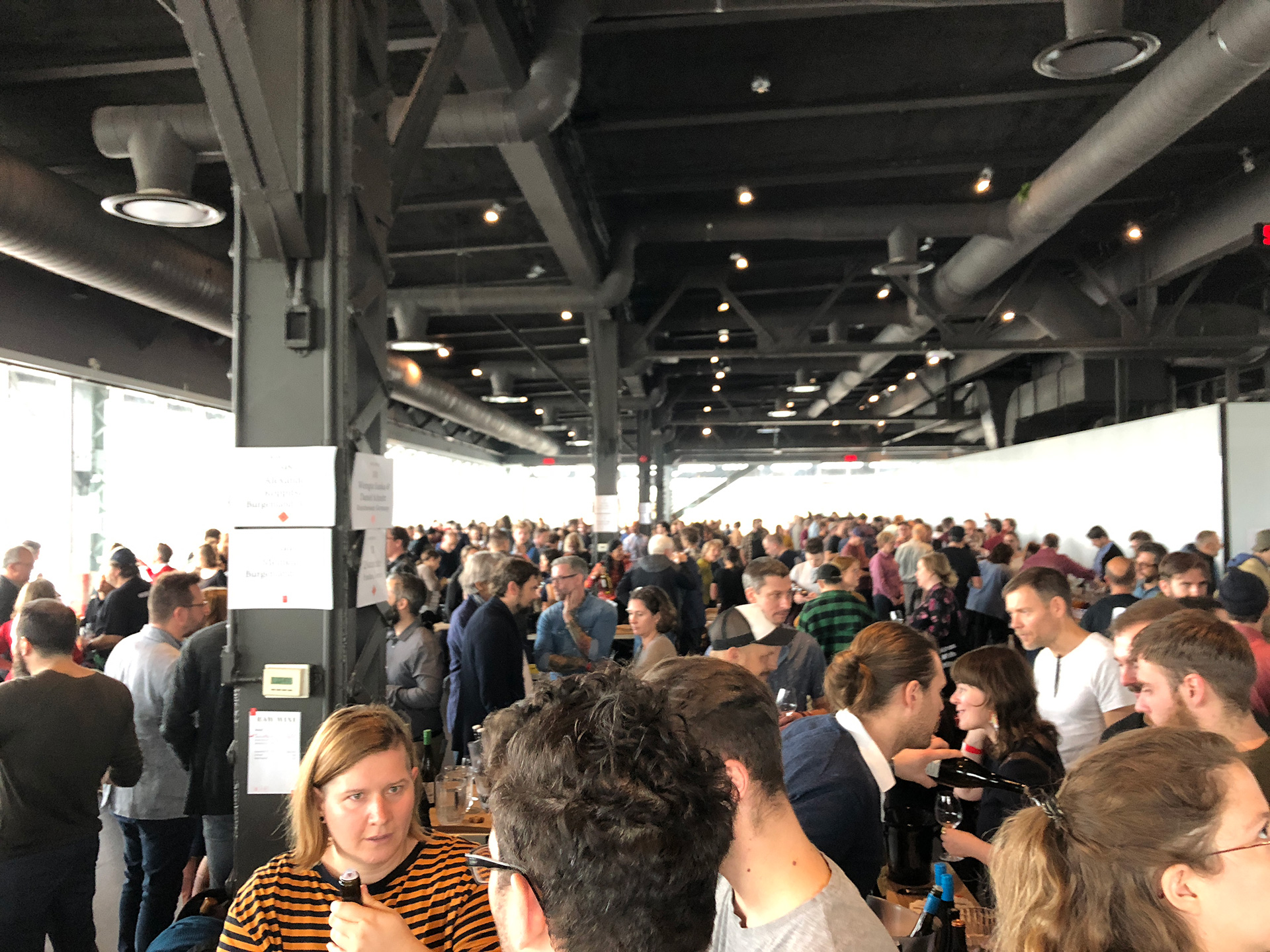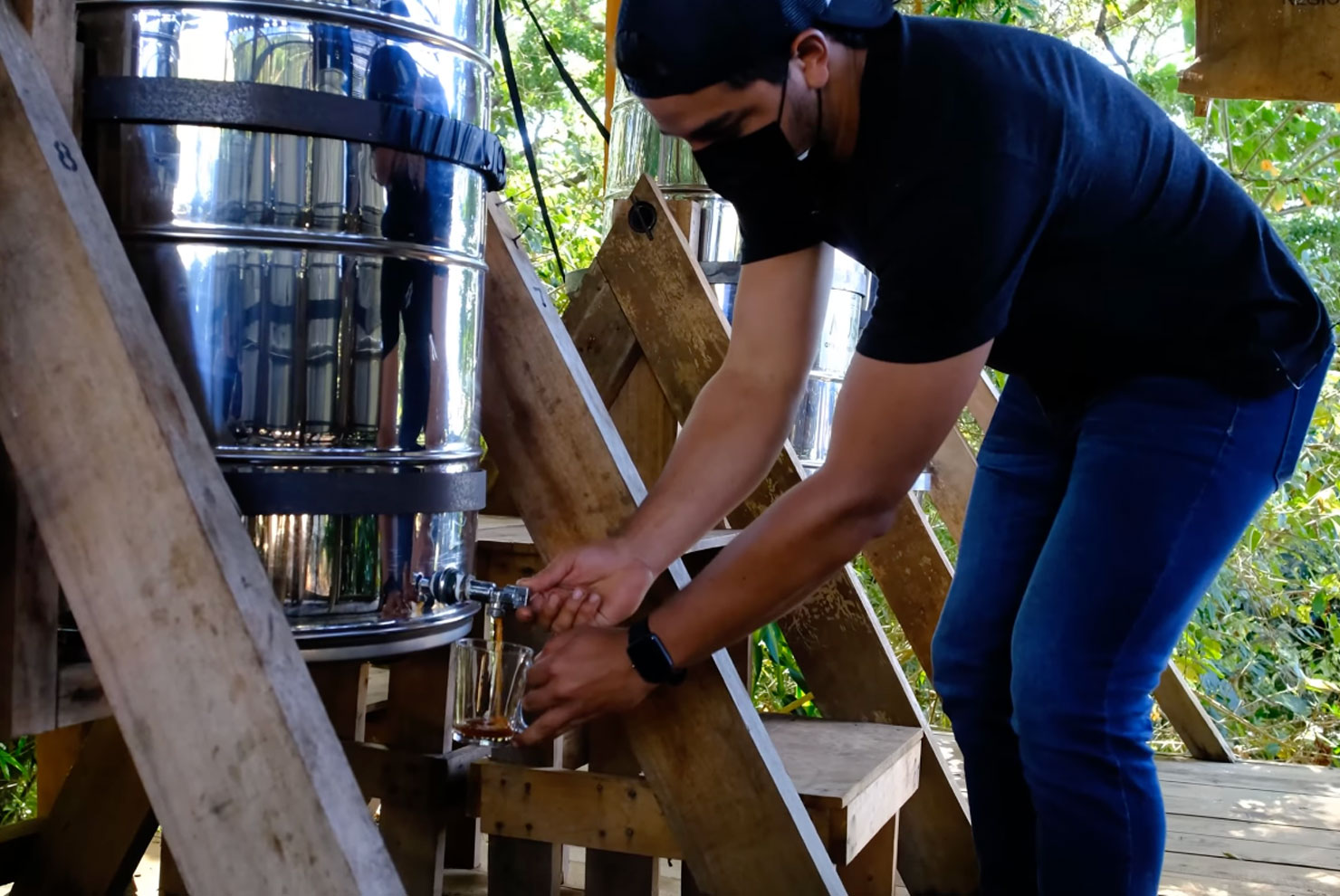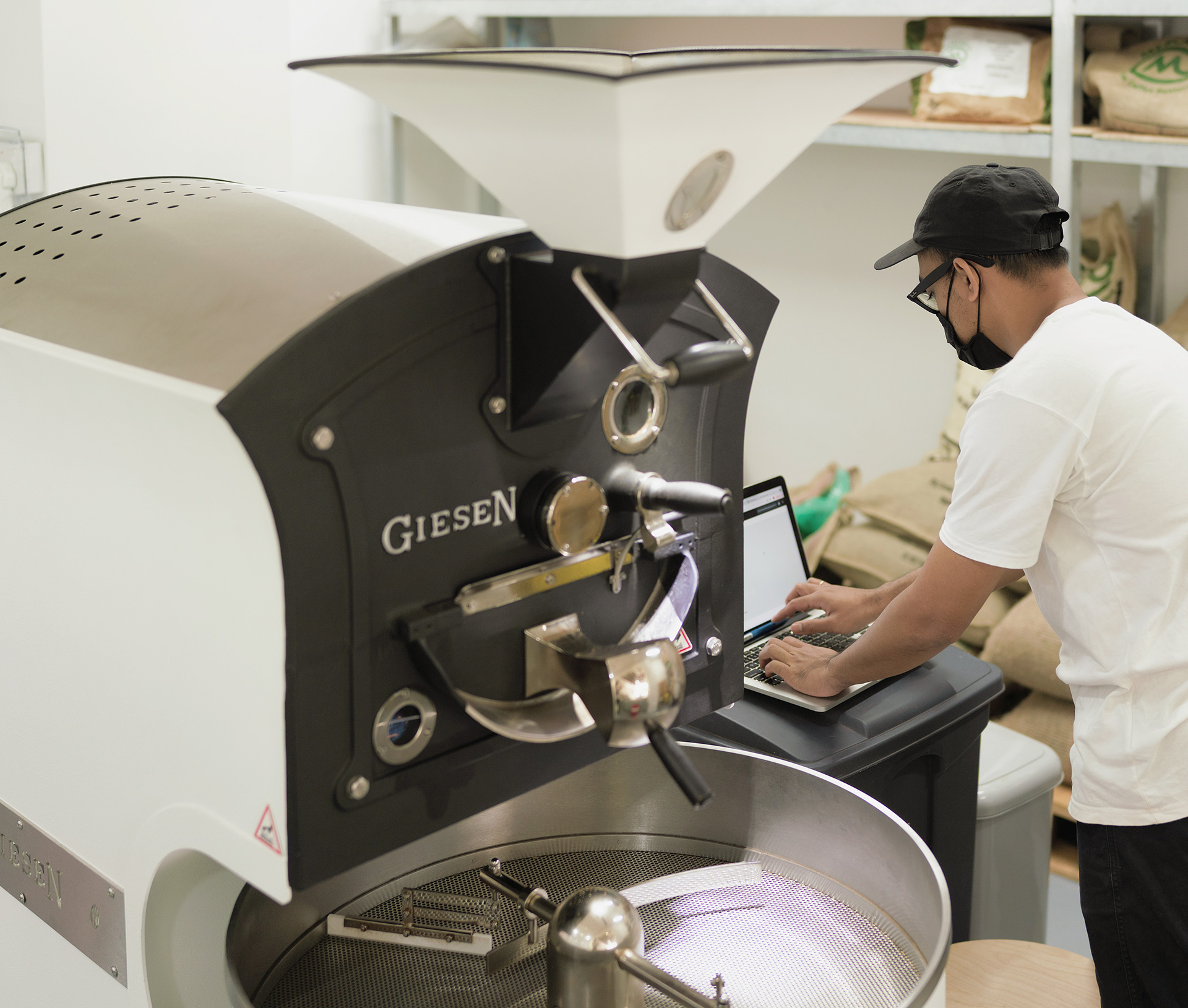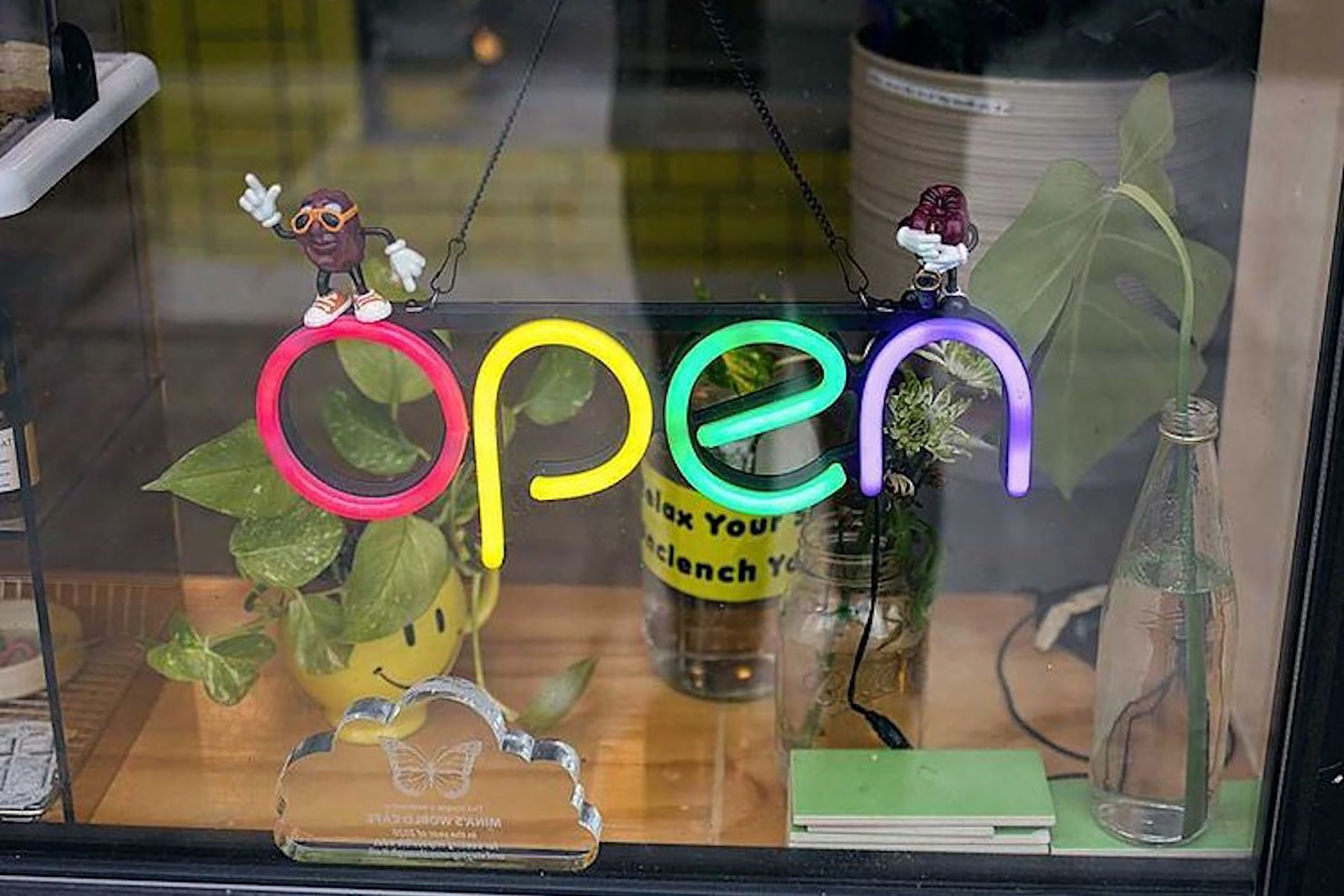
No matter the industry, employee turnover comes with major costs, some more obvious than others. Between the costs of recruiting, onboarding, training, offboarding, and burnout, employee turnover can cost as much as four to 12 months’ worth of the lost employee’s salary—a number which is steep to begin with and gets steeper the more highly placed the employee is in the business. For all those reasons and more, employee retention is crucial to keeping costs under control as well as maintaining positive and consistent service and operations from the cafe upward. Leading human resource experts have different opinions on what a great retention strategy looks like, but one of the best ways to learn about retention is to talk to long-term employees that continue to be excited about and engaged in their jobs. In this piece, I talk to five coffee workers in varied positions who have been with their companies for five years or more about why they’re still excited to show up for work every day.
Pay and Benefits
Maybe the most obvious factor in long-term retention is pay and benefits. However, almost all of the folks interviewed acknowledged that while pay is important, they could probably make more elsewhere and don’t stick around primarily for pay.
Kailyn Fulmer, who has worked at Monocacy Coffee Company for 13 years and currently occupies a manager and lead barista role, listed competitive pay and employee incentives as key retention factors, but also acknowledged that she wouldn’t be in her job if cash were the number one factor. “Let’s be honest—it’s definitely not because of the money. I think what it boils down to is the love of the craft, the love of our industry.”
Emily Davis has worked at Counter Culture Coffee (full disclosure, my former employer) for six years and currently inhabits the role of Director of Education. For Davis, staying in her job has been more about growth and fulfillment than pay. But, like Fulmer, Davis also lists salary and benefits as key to retention. “Companies should do what they can to demonstrate employee value by way of salary, bonuses, or benefits. I think that acknowledging value and demonstrating it are two very separate things and that both are necessary to retain employees.”
Jackson O’Brien, head barista and educator at Peace Coffee, has been with his company for six years and is more committed to his company’s fair pay policies for all than his own pay specifically. “The thing that initially made me want to work with the company has also made me want to stick around: the fact that the company endeavors to treat every employee fairly. Aside from competitive wages, we make sure that every employee including starting baristas and warehouse production assistants gets paid vacation and sick time, 401k benefits, yearly guaranteed cost of living raises, and full health and dental plans. Not only do I feel like I’m fairly treated, I feel like all of my colleagues are.”
O’Brien added that when money is tight, transparency around pay helps to cover the gap. “When it’s transparently communicated that times are tight, people might not be happy about their pay and responsibilities, but they’ll understand.”
Basic Fit and Growth
Perhaps also obvious, all of the long-term engaged employees I spoke to enjoy the basic work of their jobs and have found themselves able to grow and learn within them.
Davis found that fit and growth were the key factors in her own longevity. Starting as a customer relations representative and growing into her current director of education role kept her challenged and engaged. “I felt like I had learned the company well enough to take on a new layer of responsibility. The familiarity I had gained made me feel more deeply connected to the company, and that familiarity gave my influence a power and efficacy that I valued. That’s why I stick around—I believe I have helped the company grow as much as the company has helped me grow.”
Maciej Kasperowicz, the director of coffee at Gregory’s Coffee, has been with his company for eight years; fit and growth are the main reasons why he’s been happy long-term. His position has evolved significantly over time, allowing him to grow with the company and stay engaged and fulfilled.
Christy Greenwald, cafe manager at Ritual Coffee Roasters, has been with her company for 10 years, growing from barista to manager at the company’s flagship cafe. She too cited “opportunities for personal growth, job position and otherwise,” as a key factor in her own longevity.
Communication, Expectations, and Feedback
Healthy communication, clear expectations, and the ability to give and receive feedback also played an important role in retention for everyone I spoke to.
“Setting clear expectations for employees and delivering on them is key,” said O’Brien. “This shouldn’t be anything that is in any way innovative or out of the ordinary and yet I feel like so many employers don’t do it.”
Greenwald agrees and sees feedback as a two-way street. “Receiving direct feedback and encouragement really builds trust in employees, as does encouraging and heeding all employee input.”
Appreciation and Human Connection
According to all five of the workers I spoke with, the people involved matter. Being appreciated, seen as a whole person, and having a human connection with coworkers were all important in long-term engagement and employment.
Kasperowicz credited top-to-bottom team fit for a huge portion of his job satisfaction. “I get to work with people I really respect and care about: from our shops to our roastery, our education department, our boss, and even the people I get to buy coffee from. When I think about what I’d miss most about my job and what makes me care about my company, working with those people is towards the top of the list.”
Greenwald cited not only her team but her company’s female owner as important in happiness and shared values, while Fulmer emphasized the importance of providing a safe and positive working environment.
O’Brien talked about demonstrating care through treating workers as humans. “Understand that employees are not cogs in a machine but rather human beings with basic human needs. Again, it shouldn’t be out of the ordinary but somehow is.” For instance, O’Brien feels that to truly treat employees as people, employers not only need to provide paid sick leave but also compassion and support when an employee is sick. Rather than asking employees to get their own shift covered or interrogating whether or not they’re truly sick, employers should encourage workers to get the rest they need, treating them as whole people.
The Complexity of Feeling Valued
The factors that help workers feel valued and engaged long-term can seem complex and varied, but ultimately, they might not be that surprising. According to the long-term engaged employees I talked to, people care about being able to live and work in safety and relative comfort, as well as access to growth opportunities as they get older and grow; they care about connecting with the people around them and growing as a larger team. These things may not be easy to provide in equal measure at all times, but treating people as humans and taking the time to appreciate them as best you can seems to be the underlying factor in keeping workers happy and present.
RJ Joseph (@RJ_Sproseph) is a Sprudge staff writer, publisher of Queer Cup, and coffee professional based in the Bay Area. Read more RJ Joseph on Sprudge Media Network.
























